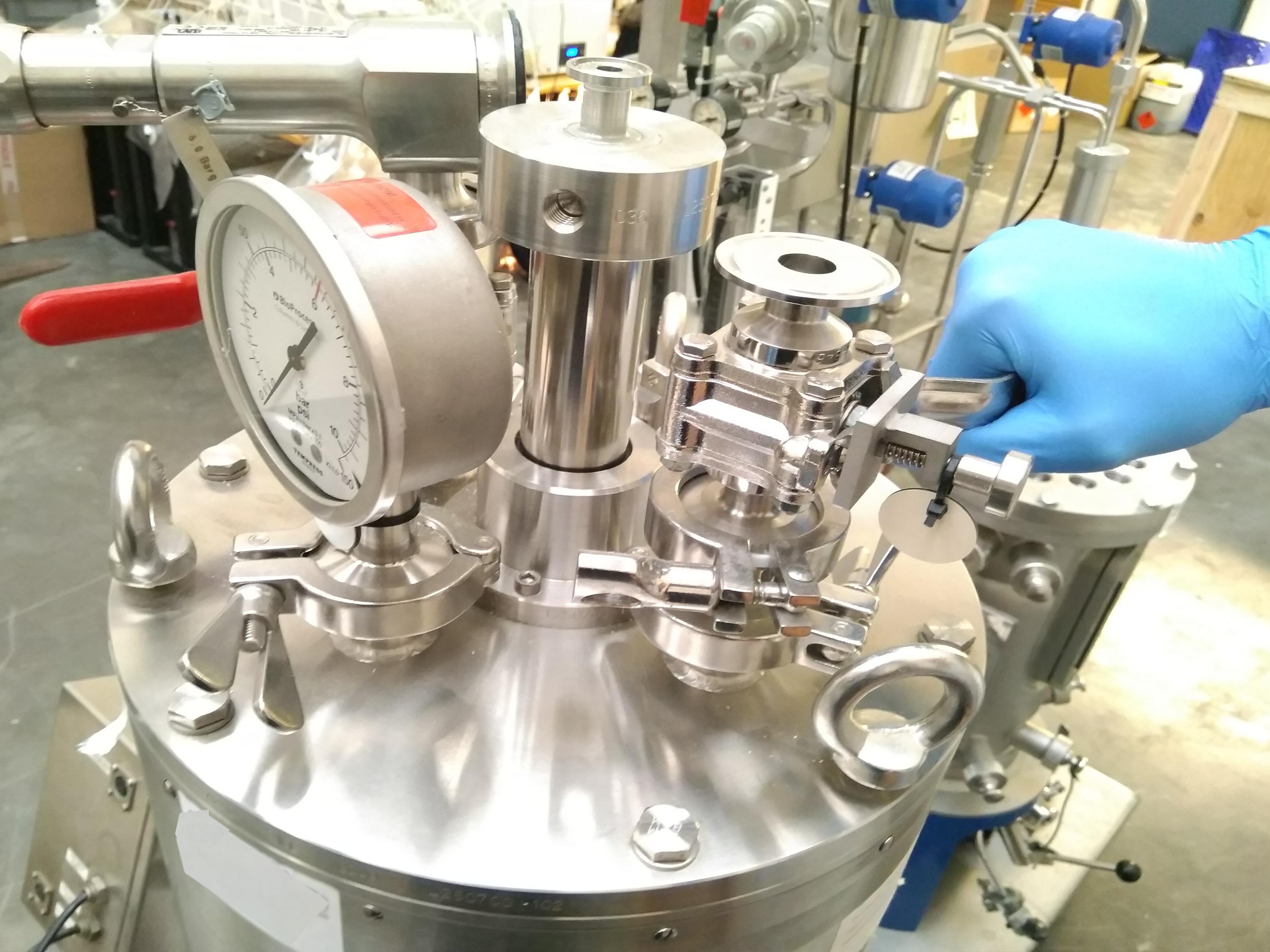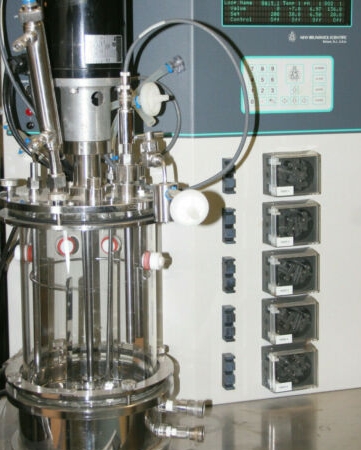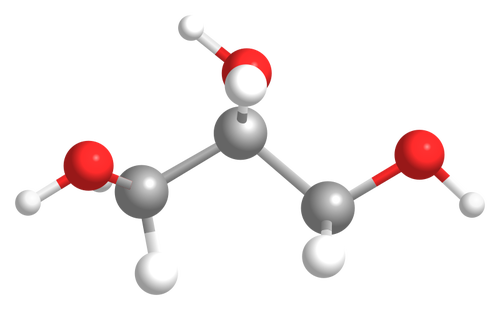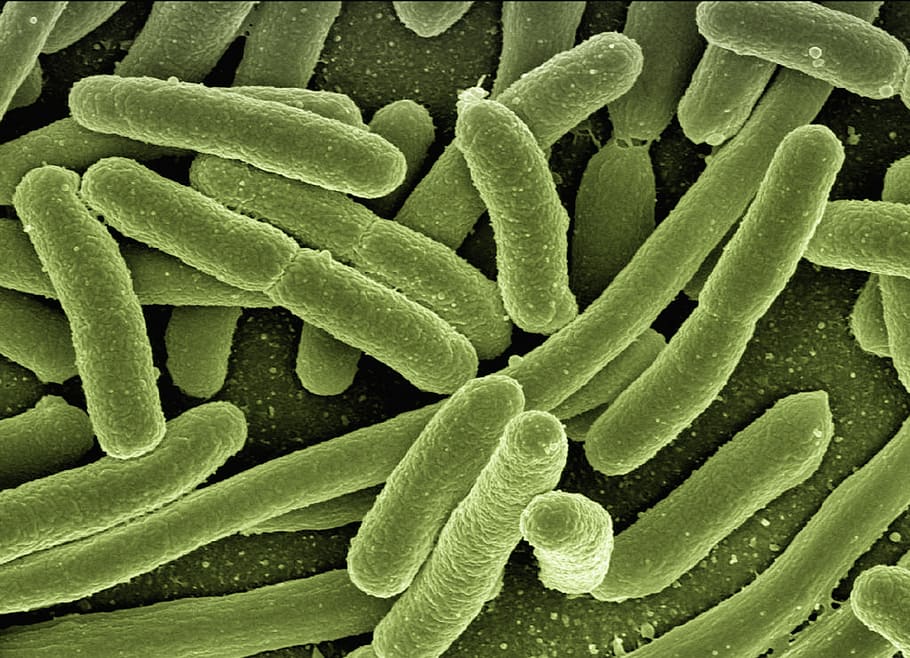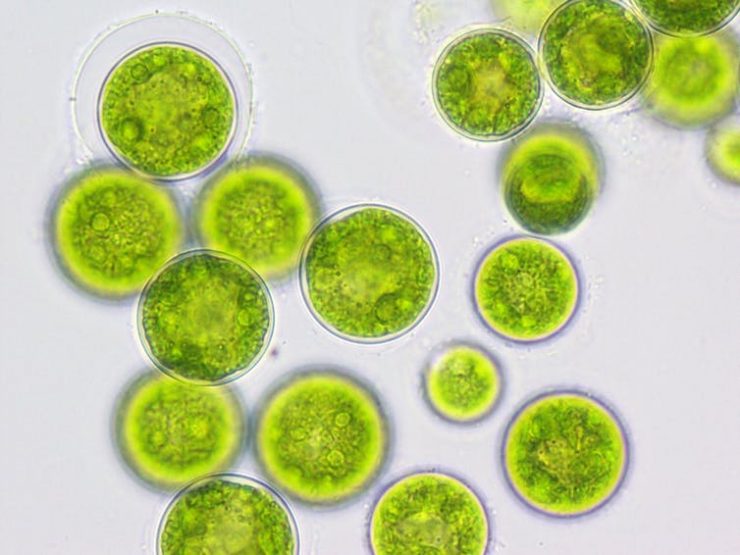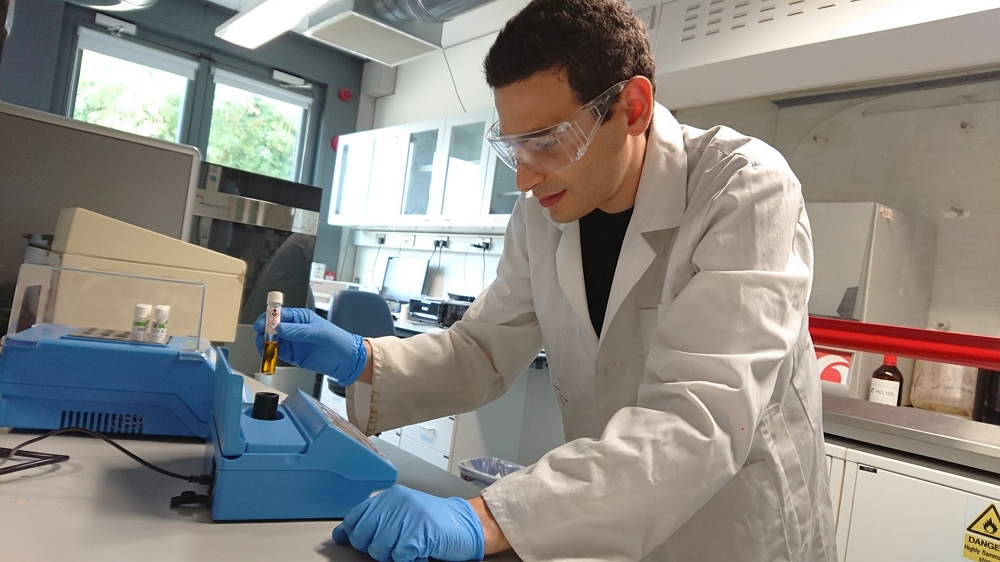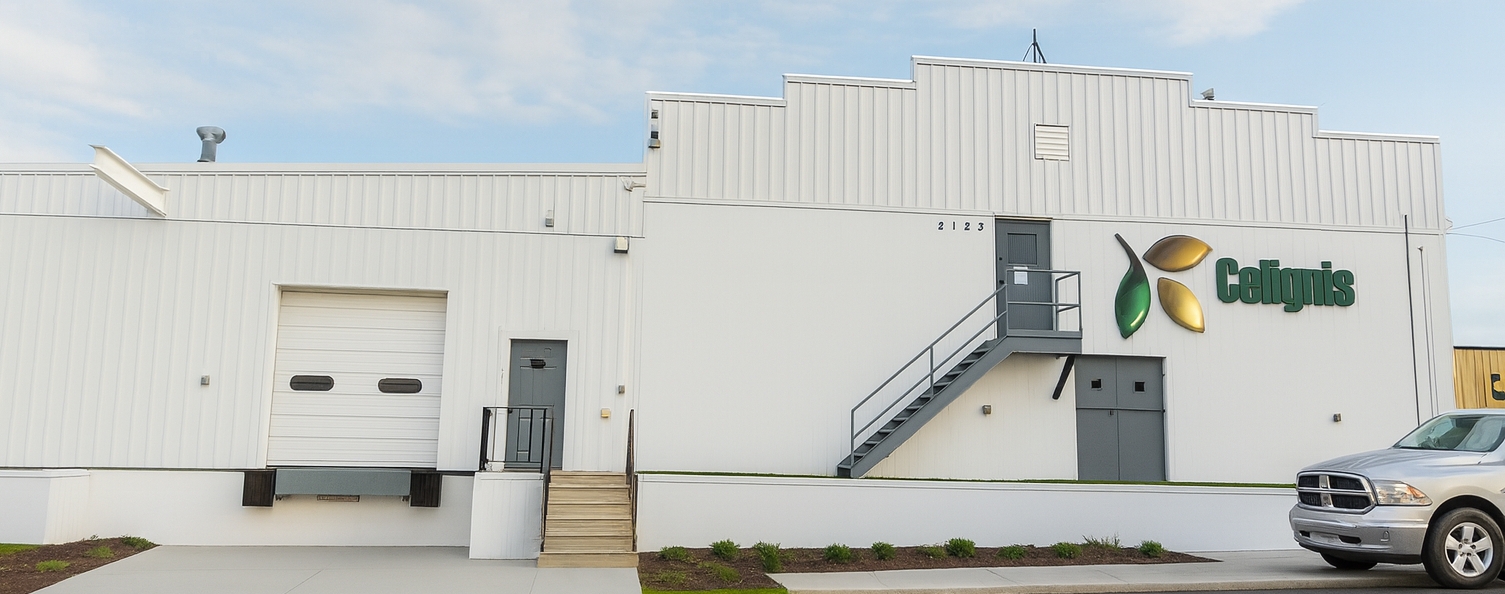High Value Biobased Chemicals and Biofuels Using Yeast and Fungal Fermentation
Yeast fermentation is one of the oldest fermentations and is used in everyday life to produce a variety of commodity products including bread, beer, wine,
cheese, and soy sauce. A few decades ago, yeast gained popularity as an industrial strain for biorefinery and biofuel applications.
Here at Celignis our team is highly experienced in numerous types of fermentations using yeast and fungi and can help you determine and optimise the potenital yields of an array of different fermentation products. If you already have a technology, e.g. pre-treatment and/or hydrolysis, that produces a sugars-containing liquid then we can undertake fermentation tests directly on that. Alternatively, if you are starting with a feedstock and looking for the best approach to get your targetted fermentation product(s) in high yield then we can help you optimise the whole process, covering pre-treatment, hydrolysis and the subsequent fermentation.
Here at Celignis our team is highly experienced in numerous types of fermentations using yeast and fungi and can help you determine and optimise the potenital yields of an array of different fermentation products. If you already have a technology, e.g. pre-treatment and/or hydrolysis, that produces a sugars-containing liquid then we can undertake fermentation tests directly on that. Alternatively, if you are starting with a feedstock and looking for the best approach to get your targetted fermentation product(s) in high yield then we can help you optimise the whole process, covering pre-treatment, hydrolysis and the subsequent fermentation.
Potential Products from Yeast and Fungal Fermentation
Ethanol
There are 3 main types of processes for the fermentation of sugars to bioethanol: 1. Separate hydrolysis and fermentation (SHF); 2. Simultaneous saccharification and fermentation (SSF);
3. Simultaneous saccharification and co-fermentation (SSCF). SHF allows both enzymes and yeast operate at their optimum conditions, but is limited with
product inhibition to enzymes and feed inhibition to yeast. This is overcome in SSF and SSFC fermentation where the enzymatic product glucose
is consumed by yeast as it is produced. High solids loading fermentation with ethanol-tolerant yeast strains allows production of high concentrations of ethanol.
High-solids fermentation causes viscosity issues and hence suitable fermentation regimes and mixers should be designed in order to obtain maximum ethanol concentrations,
yields and productivity.
At Celignis we can use a variety of yeast types to produce bioethanol and can undertake and optimise each of these three main fermentation processes.
At Celignis we can use a variety of yeast types to produce bioethanol and can undertake and optimise each of these three main fermentation processes.
Glycerol
Bio-glycerol is gaining attention due to the consumer demand for non-petroleum derived products and also because of its potential to be a feedstock
for microbial chemicals production (e.g. 1,3 PDO).
We can design processes to produce glycerol in high glucose concentrations using osmo-tolerant yeasts.
We can design processes to produce glycerol in high glucose concentrations using osmo-tolerant yeasts.
Single Cell Oils (SCOs)
Some yeast and fungal strains are capable of producing lipids in a variety of substrates such as different types of sugars,
glycerol, etc. and have wide pH ranges. SCOs are edible oils if they are produced in clean substrates and can be converted to biofuel if industrial by-product streams
are used for their production.
Get in touch with us if you would like to learn more about how we can produce SCOs from your biomass and process liquids.
Get in touch with us if you would like to learn more about how we can produce SCOs from your biomass and process liquids.
Emulsifiers
The type, quality and quantity of emulsifier depends on microbial strain, carbon source, media components such as major and minor elements, temperature, pH etc.
It is important to optimise the process for product quality and quantity. This is only possible with the through understanding of microbial strain, its metabolism and needs.
Our experts can guide you through and optimise the process.
Get in touch with us if you would like further information.
Get in touch with us if you would like further information.
Bacterial Fermentation
Bacteria are mainly used to produce organic acids and alcohols by anaerobic fermentation and enzymes by aerobic fermentation processes.
Very well-known natural fermenters are lactic acid bacteria (LAB) for lactic acid production and Bacillus species such as B. subtilis,
B. amyloliquefaciens, B. licheniformis, B. megaterium etc. for the production of enzymes, antibiotics, surfactins, and biopolymers.
Microalgal Fermentation
Algal cultivation is complicated and requires optimisation to achieve high biomass yields. Algal biomass production depends on nutrient uptake and
other environmental conditions such as temperature, pH, salt concentration etc. It is important to select the strain based on the type of
production (open ponds, photobioreactors), feedstock and application. We have particular expertise in the evaluation and optimisation of algae thorugh
our Chief Innovation Officer, Lalitha, who is currently undertaking a Marie-Curie funded project at Celignis on this topic.
We are available to answer any questions you may have on how to get high value chemicals and biofuels from biomass through fermentation processes.
Just get in touch with us by sending us an email info@celignis.com, giving us a call at (+353) 61 371 725, or through
our contact form.

